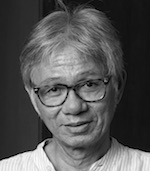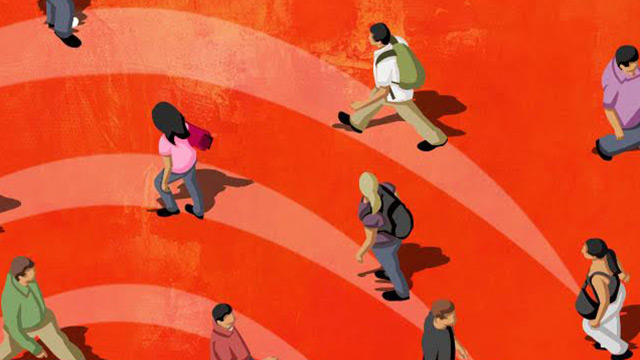 I doubt I’ve ever looked at courage with any seriousness, not even at the word itself. If I used it at all, chances are I did so infelicitously, and it may well be comeuppance that I am forced now to deal with the subject.
I doubt I’ve ever looked at courage with any seriousness, not even at the word itself. If I used it at all, chances are I did so infelicitously, and it may well be comeuppance that I am forced now to deal with the subject.
Asked to set down something on it, I realize that, with my advanced age and my own pretensions to courage, I would feel rotten, not to mention cowardly, if I didn’t oblige. If I’ve never dwelt on it, surely it is for fear that what little courage I presume to possess myself may yet turn out inflated, if not altogether fraudulent.
When I was nine, in Grade V, I was made to spread prostrate on an Industrial Arts worktable and take one off Mr. Pacris’s whipping-stick. Taking it quietly and tearlessly – as they say, “like a man” – I could only impress my peers (who had no idea I had had practice at home, courtesy of my father and his well-beaten-leather Hickok).
When I was 11, I fell maybe 15 feet off a tamarind tree and broke an arm at the wrist, the bone piercing the skin. I was dry-eyed, but dry-eyed for shock, and I was asleep in surgery before real pain could set in.
And, when my youngest child, only two, caught a hand in the whirring blades of an electric fan, I grabbed her up, wrapped the bloodied hand in a shirt, drove racing to the hospital, just the two of us, one arm around her, the hand of the other at the wheel, leaving the rest of our household frozen-shocked. (My little Tracy grew up to become a national tennis champion herself, gripping the racket in a hand with two reconstructed fingers.)
But I should not be fooled; no one should be. What my case reveals is a poor relation to courage; it’s not even on the fringe of its class. Nothing arising out of pride or any other self-centered sense can be anything like courage.

I’ve observed courage often defined as a state or quality of mind; that depreciates it still. Courage, to me, is a state of being. It constitutes a predisposition to do the right thing, no matter – especially no matter – if doing the right thing does not redound to one’s benefit or credit; if anything, courage entails risks to one’s well-being, and one becomes established in such a state over time, as one resolutely faces life’s tests and makes the moral choice – consistently.
It’s precisely the act of facing, of confronting, of stepping up that makes for the essence embraced in the solemn phrase “courage of one’s convictions.” Courage is a command of conscience, an acting-out, a realization, of one’s convictions and, being thus a matter of conscience, it presupposes that everyone has the natural capacity and capability to acquire it; by the same token, it precludes any excuses for the converse case.
The generational tests of courage are implicit in such questions, put by sons to fathers, as, What did you do during the war, Daddy? What did you do during Martial Law? Where were you during the EDSA People Power uprising?
But how could the supply of courage run short in a mere generation since EDSA? And, if no life’s lessons were intended to be learned here, why should this happen, of all times, amid such moral scandal as we’ve never seen, one in which thousands of our fellow citizens are dying around us in a pogrom that targets three million others, all summarily condemned as having been rendered subhuman by drugs?
Like any virtue – or vice, for that matter – courage is acquired by self-buildup, reinforced and sustained by constant, conscientious practice; conversely, it erodes with every default.
A formulation seems to apply here and to have worked in fact against us. Popular defaults on courage resulted in Ferdinand Marcos’ dictatorship stretching to 14 years and Gloria Macapagal-Arroyo’s presidency, though assumed on a rigged vote, running through its full 6-year term. For the same defaults, the Marcoses managed to not only return from exile unbothered but re-entrench themselves in power. And to add supreme insult to the supreme injury caused the nation by their patriarch’s regime of torture, murder, and plunder, they may yet get a hero’s burial for him.
In fact, the Marcoses have been steadily gaining on us. Most dreadfully, they have found for their champion President Rodrigo Duterte himself – the same confessed “happy slaughterer” of drug dealers and addicts – who has virtually anointed Ferdinand Marcos Jr. his political heir.
From Marcos to Arroyo to Duterte, what we’ve had here is a moral war lost by default on courage. –Rappler.com